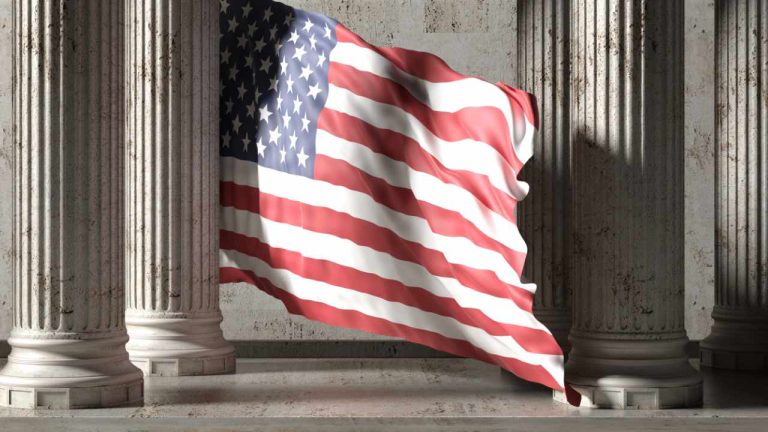
U.S. law enforcement has seized 18 cryptocurrency ATMs that were purchased using fraudulent loans from the Small Business Administration (SBA) meant to assist small businesses financially harmed by the Covid-19 pandemic. The loans were also used to purchase bitcoin from a New York-based cryptocurrency exchange, said the U.S. Department of Justice (DOJ).
Coindawg’s Crypto ATMs Seized
The U.S. Department of Justice (DOJ) announced on Thursday that Charles Riley Constant, aka Chuck Constant, has been arrested “for charges in connection with a scheme to steal and launder over $1 million in fraudulently obtained loans from the Small Business Administration (SBA), including the use of fraud proceeds to purchase cryptocurrency ATMs.” The Justice Department detailed:
Law enforcement agents seized, among other things, 18 cryptocurrency ATMs in Texas and Oklahoma that Constant purchased with fraud proceeds to start a cryptocurrency ATM business named ‘Coindawg LLC,’ as well as Coindawg’s website.
The DOJ explained that Constant and his co-conspirators created fake identities and businesses to obtain seven Economic Injury Disaster Loans from the SBA beginning in the fall of 2020. The funds were meant to assist small businesses financially harmed by the Covid-19 pandemic.
Constant used about $700,000 of the fraudulently obtained SBA loans to purchase bitcoin (BTC) from a cryptocurrency exchange headquartered in New York City, the DOJ further noted.
The Department of Justice continued:
To date, Coindawg has exchanged over $3,000,000 worth of cryptocurrency and charged 15% in transaction fees.
Constant, 54, of Allen, Texas, has been charged with one count of conspiracy to commit money laundering, one count of theft of public money, and one count of interstate receipt of stolen money. If convicted, he faces a maximum sentence of 20 years in prison for conspiracy to commit money laundering and 10 years each for theft of public money and interstate receipt of stolen money.
What do you think about this case? Let us know in the comments section below.